Johann George
Coarsening Optimization for Differentiable Programming
Oct 05, 2021
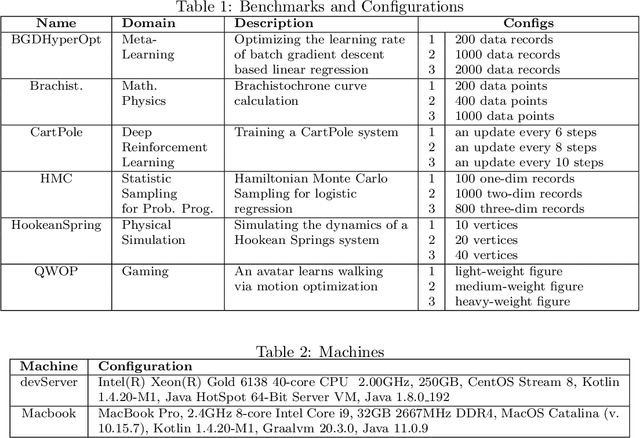
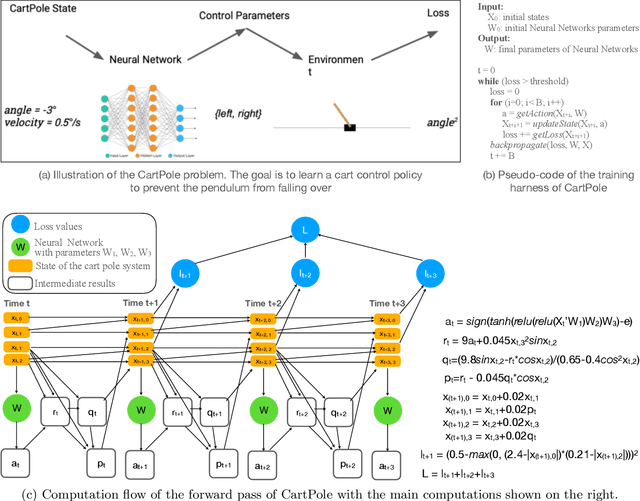
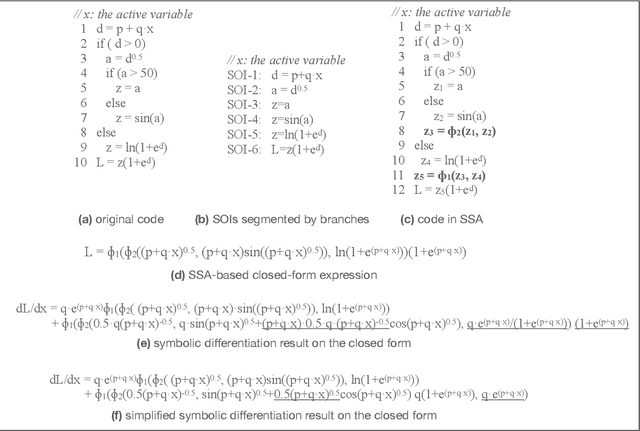
Abstract:This paper presents a novel optimization for differentiable programming named coarsening optimization. It offers a systematic way to synergize symbolic differentiation and algorithmic differentiation (AD). Through it, the granularity of the computations differentiated by each step in AD can become much larger than a single operation, and hence lead to much reduced runtime computations and data allocations in AD. To circumvent the difficulties that control flow creates to symbolic differentiation in coarsening, this work introduces phi-calculus, a novel method to allow symbolic reasoning and differentiation of computations that involve branches and loops. It further avoids "expression swell" in symbolic differentiation and balance reuse and coarsening through the design of reuse-centric segment of interest identification. Experiments on a collection of real-world applications show that coarsening optimization is effective in speeding up AD, producing several times to two orders of magnitude speedups.
Ownership at Large -- Open Problems and Challenges in Ownership Management
Apr 15, 2020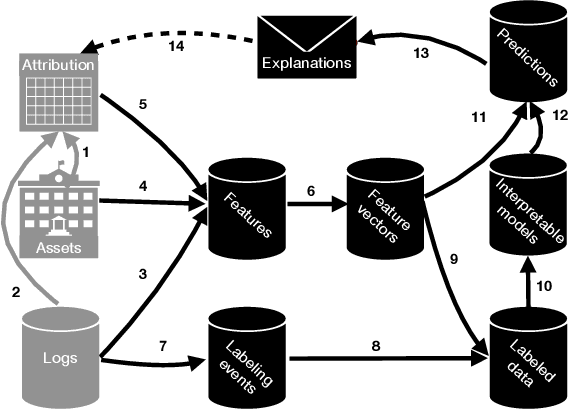
Abstract:Software-intensive organizations rely on large numbers of software assets of different types, e.g., source-code files, tables in the data warehouse, and software configurations. Who is the most suitable owner of a given asset changes over time, e.g., due to reorganization and individual function changes. New forms of automation can help suggest more suitable owners for any given asset at a given point in time. By such efforts on ownership health, accountability of ownership is increased. The problem of finding the most suitable owners for an asset is essentially a program comprehension problem: how do we automatically determine who would be best placed to understand, maintain, evolve (and thereby assume ownership of) a given asset. This paper introduces the Facebook Ownesty system, which uses a combination of ultra large scale data mining and machine learning and has been deployed at Facebook as part of the company's ownership management approach. Ownesty processes many millions of software assets (e.g., source-code files) and it takes into account workflow and organizational aspects. The paper sets out open problems and challenges on ownership for the research community with advances expected from the fields of software engineering, programming languages, and machine learning.
WES: Agent-based User Interaction Simulation on Real Infrastructure
Apr 11, 2020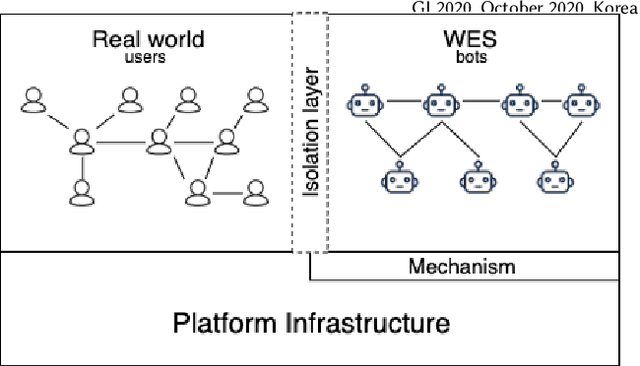
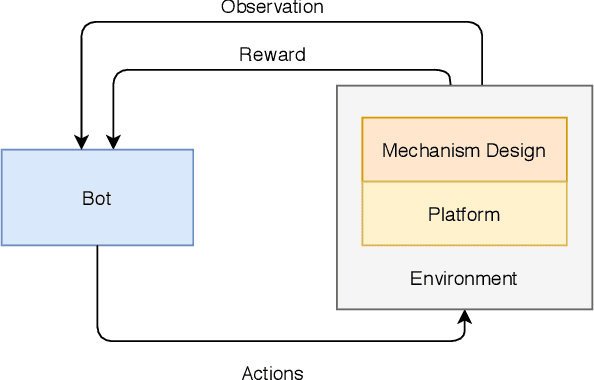
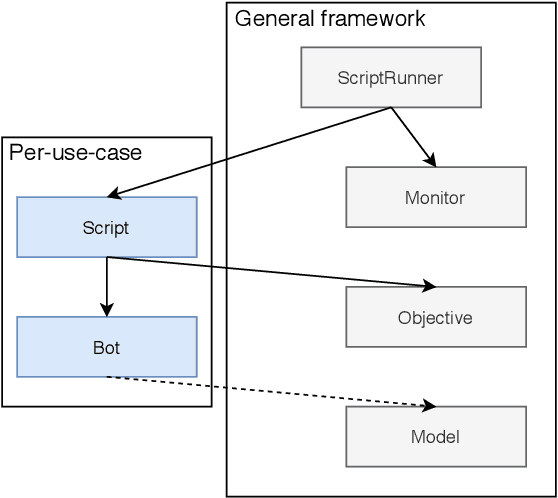
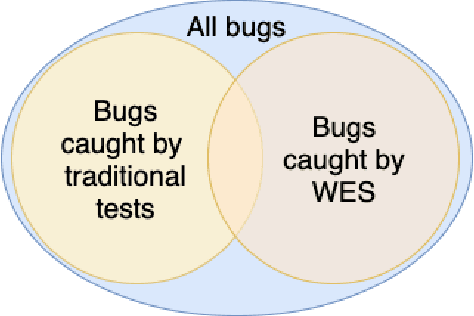
Abstract:We introduce the Web-Enabled Simulation (WES) research agenda, and describe FACEBOOK's WW system. We describe the application of WW to reliability, integrity and privacy at FACEBOOK , where it is used to simulate social media interactions on an infrastructure consisting of hundreds of millions of lines of code. The WES agenda draws on research from many areas of study, including Search Based Software Engineering, Machine Learning, Programming Languages, Multi Agent Systems, Graph Theory, Game AI, and AI Assisted Game Play. We conclude with a set of open problems and research challenges to motivate wider investigation.
Gradient Descent: The Ultimate Optimizer
Sep 29, 2019



Abstract:Working with any gradient-based machine learning algorithm involves the tedious task of tuning the optimizer's hyperparameters, such as the learning rate. There exist many techniques for automated hyperparameter optimization, but they typically introduce even more hyperparameters to control the hyperparameter optimization process. We propose to instead learn the hyperparameters themselves by gradient descent, and furthermore to learn the hyper-hyperparameters by gradient descent as well, and so on ad infinitum. As these towers of gradient-based optimizers grow, they become significantly less sensitive to the choice of top-level hyperparameters, hence decreasing the burden on the user to search for optimal values.
 Add to Chrome
Add to Chrome Add to Firefox
Add to Firefox Add to Edge
Add to Edge